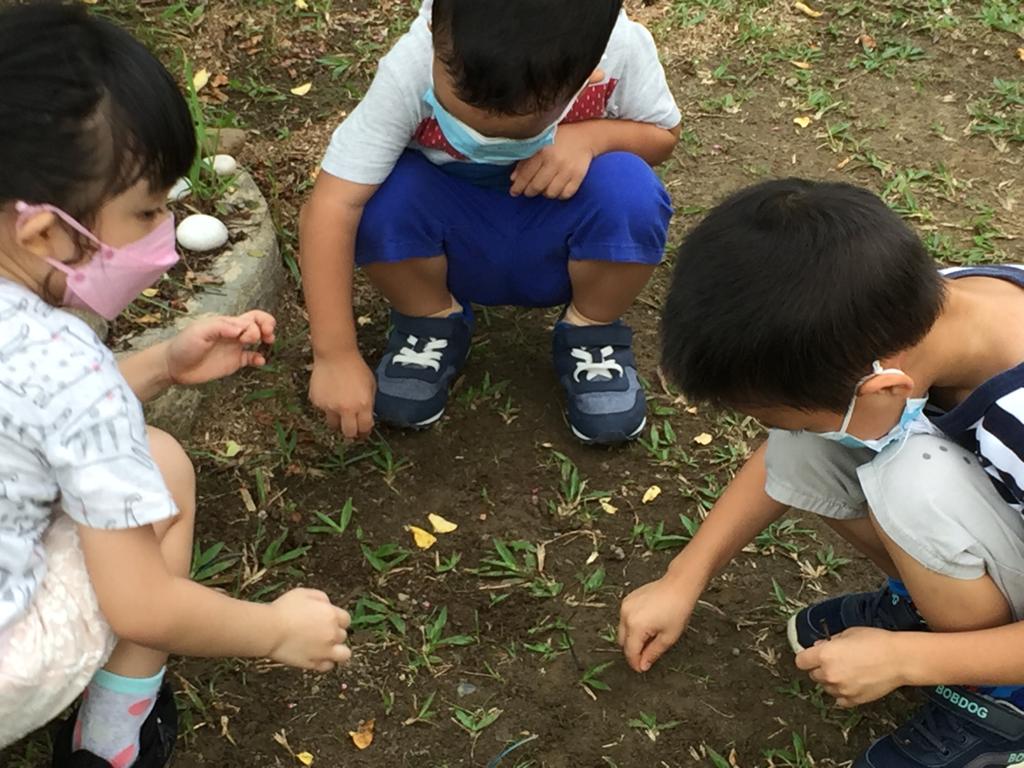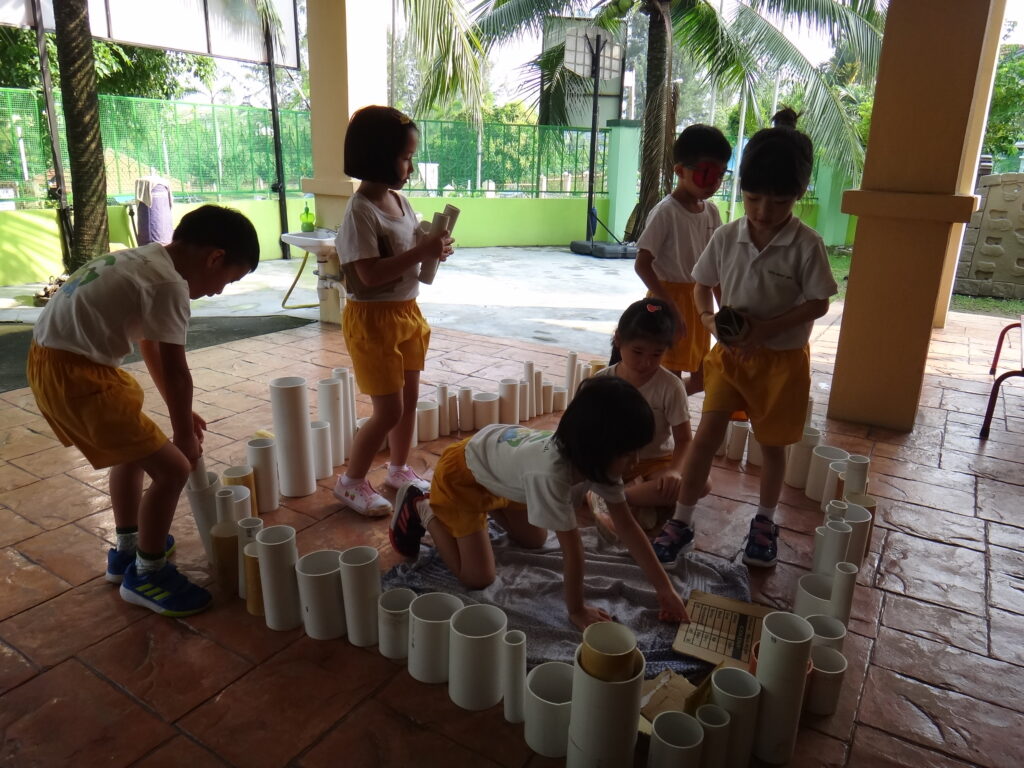Our Programs
It's Time to Start Your Adventures
Our program supports children’s total development with great emphasis on emotional wellbeing. Each child’s intellectual, physical, social, and creative abilities are stimulated and supported through our range of integrated teaching and learning approaches. With a focus on child-directed play and learning, we see children as capable of constructing their own learning where educators guide and mentor play and learning.


Loose Parts Play
Loose parts play is a type of play that supports invention, divergent thinking, problem solving and offers a sense of wonder to children. They are materials that can be moved, carried, combined, redesigned, lined up, and taken apart and put back together in multiple ways. The beauty of children is that they see possibilities in everything. Objects are never just one thing. There is a joy in how they can take a seemingly disparate collection of found objects and create something incredible, all with just the power of their imagination.
Nature Play
Nature play fosters good development in our children, mentally, socially and physically and is the ultimate sensory experience for them. Through playing in nature and having the freedom to explore their world, we help our children learn to care for their environment and one another. Nature play improves every aspect of child development—from the physical to the social, cognitive and even emotional. Playing outdoors encourages movement, nurtures imaginations and fosters social connections, friendships and plenty of creativity.


Inquiry Based Learning
Inquiry-based learning is an approach to learning that emphasizes the student’s role in the learning process. Rather than the teacher telling students what they need to know, students are encouraged to explore the material, ask questions, and share ideas. Inquiry-based learning uses different approaches to learning, including small-group discussion and guided learning. Instead of memorizing facts and material, students learn by doing. This allows them to build knowledge through exploration, experience, and discussion.
Why Play?
Play-based learning is important to a child’s development of social and emotional skills, such as the ability to develop positive relationships with peers. As children play together, they learn to get along with one another, cooperate, communicate effectively, problem solve and resolve conflicts. They are learning to take turns, wait and share their materials. These are crucial skills for later in life!
To put it simply; children learn through playing. During the act of play children are exploring, taking risks, engaging their imagination, and solving problems. They are learning valuable skills that support social, physical and cognitive development.
